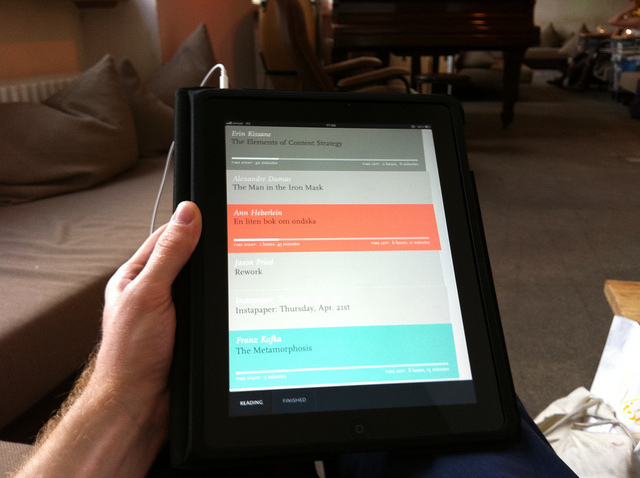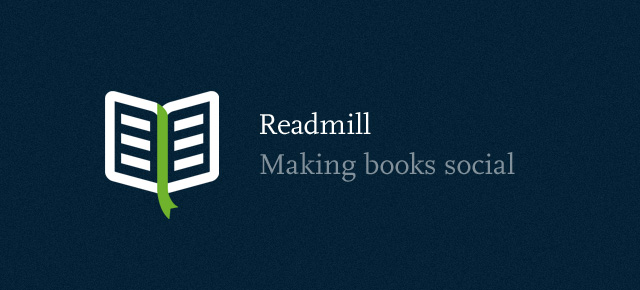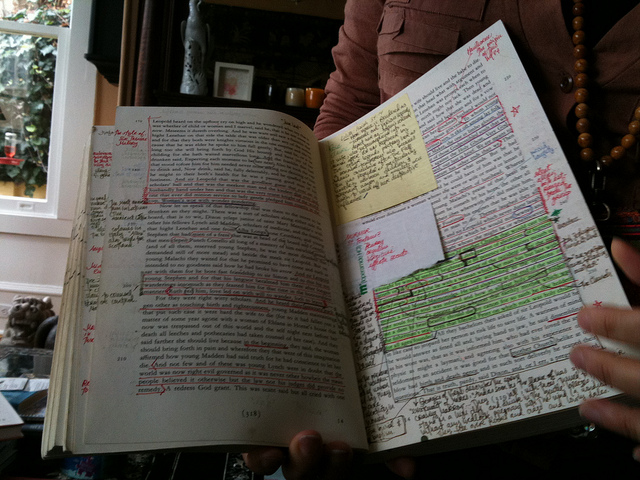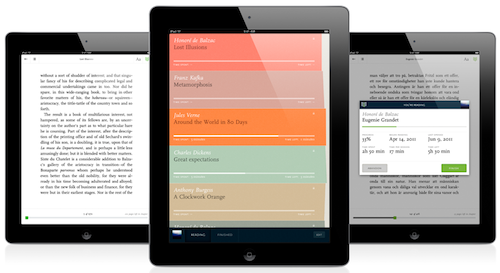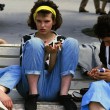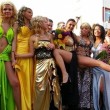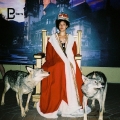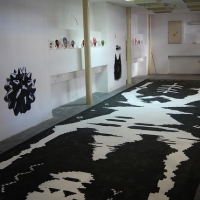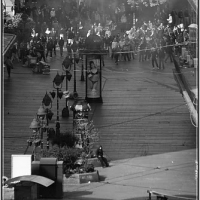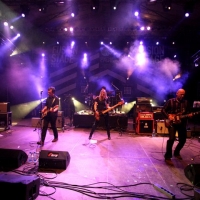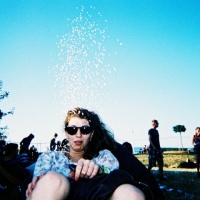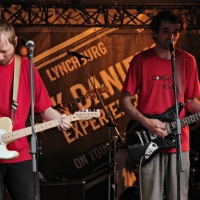New reading devices might not change the face of literature, but they will create readers’ communities. According to Readmill, books have a future and the future is digital*
Literature is a strange form of art: the art behind all arts, it rests inscribed in every other art discipline, laying the foundations of what we know as the arts today. The literary concepts such as “narrative”, “discourse” and “voice” have been widely deployed in various art practices from theatre and film to music, contemporary art and new media. Literature is the driving force of culture and yet, it seems there is nothing more conservative than putting words on paper. The very form of writing has not changed since its origins, right?
If you observe what stands for a piece of music today and how it is produced, it is radically different from what it was a mere hundred years a go. Same goes for virtually any other art discipline. From Goya to Malevich to Pollock to Brice Marden, from John Ford to Chris Cunningham, from Callicrates to Calatrava, there is a clear line of transformation and development, if not always progress. But when it comes to writing, it seems we haven’t gotten much further from Plato, at least on the formal level. A couple of millennia later, your only tools are letter symbols set in a meaningful way, or else it’s not literature.
So what about the reader? If literature has remained ‘static’ due to its ‘technical limitations’, what can we say about the reading experience in the digital era. What has the digitalization of books and appearance of new reading devices brought to the reader? A bit of magic, like in the good old days?
We know books are precious objects, not only because they may contain wisdom and knowledge, but because of their tactile, almost erotic quality. Before the invention of walkmans and iPods you couldn’t have taken your music to your bed. But you could have always taken your book where ever you wanted, feel the smell of freshly printed paper, flip the pages under your fingers or just stroke those soft covers before immersing yourself in that long reading session.
We might have complained when the first digital books demanded we keep sitting next to those gigantic PC’s, staring at the eye-hurting displays, in that stiff, claustrophobic cyberspace, where Thomas Pynchon and Daniel Steel somehow look and feel the same, as endless scrolls of bare text stripped of its power on the glossy surface of the screen. But with the introduction of Kindles and iPads, things started to change, enabling a whole new kind of reading experience. Once again, it seems, reading became exciting.
Or should we say, more ‘practical’ and ‘efficient’? You don’t have to carry all that heavy load of books on your holiday trip, they’re all stacked in your iPad. With one tap you can find anything you want inside the text, any quote or phrase, while using pretty much the same tools as in the physical world to annotate and highlight your reading, although faster and more efficiently.
New devices might not change the face of literature, just as the typewriter hadn’t transformed it after replacing feather and ink. But new devices create something else, they create communities. Social networks for music fans, social networks for films, basketball, mums, gays, vampires, cats, dogs, Lady Gaga and of course – books.
With the decline of the print industry and the rise of digital media, we are told that instead of vanishing, books will stay with us forever. A new service taking advantage of new reading devices’ tools has been launched by Henrik Berggren and his team, and it will be showcased this April at the Share Conference in Belgrade, Serbia. The young Berlin startup has already been dubbed “the Last.fm of books”.
Readmill is different from other book social networks in a couple of ways, Berggren explains to me in an email. “First and foremost we provide a logical connection with the book through e-readers. We do this by integrating a sharing component into the margin of the book. This means that sharing what you read and your highlights can be done with just a few taps instead of having to enter word for word into a boring form. It also let’s us collect lots of interesting data around how people consume books and give them better recommendations as well as enriching their reading experience.”
It was when Henrik and the crew visited the Internet entrepreneur Caterina Fake at her apartment in San Francisco that Readmill’s core idea started to take shape. “During our pitch she ran upstairs in her house and got the copy of the book and showed that every single page looked like in the picture – full of highlights, notes and other forms of marginalia. She told us that she read it five time and had huge amounts of things around the book that she wanted to share with friends and peers but she couldn’t, it was all stuck in one copy, in her library and no one except for us had ever seen it before. There and then we decided to recreate this experience on the web and on e-readers.”
Readmill boasts a sleek and elegant interface, with profiles looking similar to Twitter and most of other social networks nowadays. A user has a certain number of “followers” and is following other users, with options to share his/hers highlights from a book, or post recommendations and “closing remarks” in the form of mini reviews. On a user’s page you’ll find displays a reading timeline – list of books he/she has read or is currently reading. A nifty feature is the “abandonded” option to remind you of all those unfinished readings. There is also the button for “mark as interesting”, just so that you can keep an eye on that intriguing new arrival (perhaps a book about the future of reading?).
Through its free iPad app, Readmill takes full advantage of digital books find-and-highlight concept. You can actually use the recommended highlights and notes as references in relation to their original context in the text. Readmill’s concept of sharing highlights opens a new space for debate, not only between the reader and the text, but among readers themselves, all within a book. Let us hope the writers jump on the wagon as well. Now, that would be revolutionary.
*BTURN teams up with SHARE Conference, a three-day international event in Belgrade, Serbia, focusing on Internet, new media and social activism, packed with talks, discussions, presentations and music gigs. In the upcoming weeks, we keep you informed on whos and whats of this year’s edition of all things geeky and subversive.
Henrik Berggren of Readmill will lecture at Share Conference Apr 26-28
More info: readmill.com and shareconference.net

